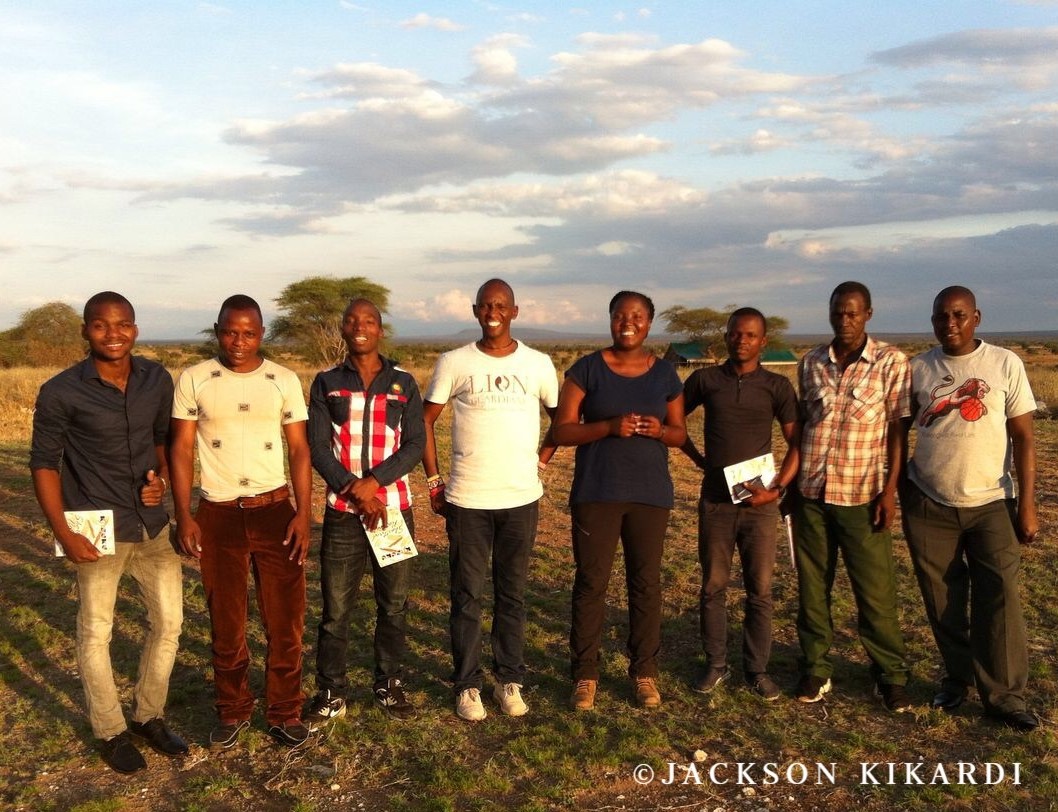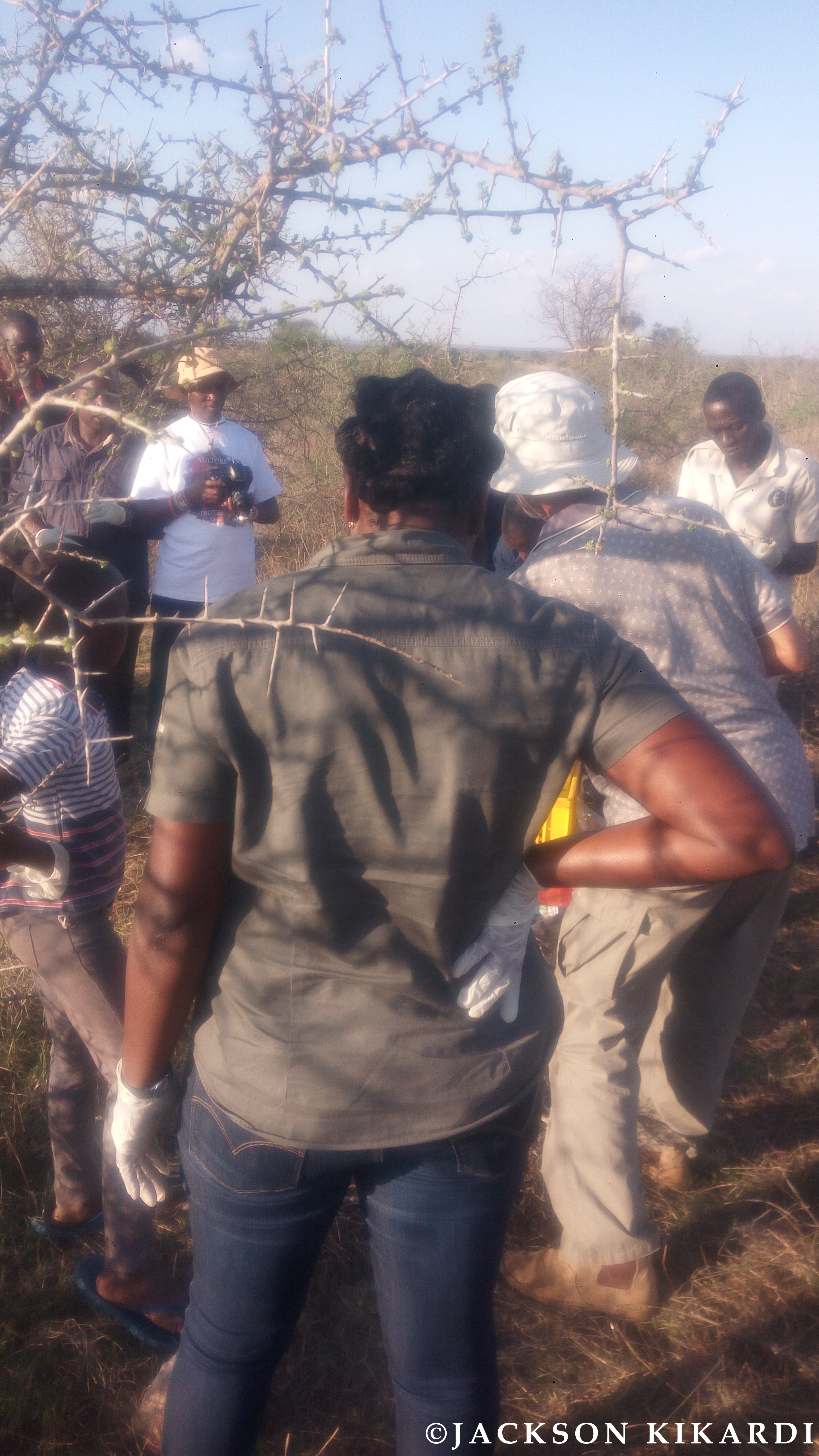Building Confidence and Commitment Through Collaboration

Earlier this month, the Lion Guardians team was thrilled to host a six-day customized knowledge sharing session for seven participants from the Niassa Carnivore Project (5) and Niassa National Reserve (2) in Mozambique. These groups are on the front lines of conservation where they operate – where 60,000 people live within the protected area – and regularly deal with conflict, poaching, and snaring. The goal of our time together was to share skills and knowledge based on lessons learned from each group’s work, and provide the Niassa team with new tools for more effectively and confidently dealing with conflict in their operating area. It is also important that teams do not feel alone; community work can be stressful and difficult, and knowing that there are other groups experiencing similar challenges can help build confidence and commitment.
Both the Lion Guardians and Niassa Carnivore Project models are based on community participation and the blending of traditional knowledge and modern science. So as a group, we discussed various ways to increase the trust and empowerment of community members – including meetings, improvement of local livelihoods, and environmental education – as well as how to use creative approaches to deal with challenges. One of the biggest takeaways was that being open to new points of view is perhaps most critical to encouraging participation from communities.
We also spent an entire day on the issue of wildlife poisoning, an area of growing concern. It is critical to be able to respond adequately to poisoning incidents to mitigate their effects in a timely manner. After a discussion about the methods and effects of poisoning, the group walked through a practice poisoning scenario together, concentrating on how to secure the site (carefully!) and collect data (thoroughly!).
Finally, we ventured out of camp and into the field, where we could apply some of the insights from our learning experience so far. From meeting with community leaders to visiting historic sites to speaking with a tour operator, we were able to put what we had learned in greater context by seeing real life applications and gaining different points of view.
The Lion Guardians team was thrilled with how well the knowledge sharing session went, and learned a lot from the Niassa group’s interesting observations. And the Niassa team has hit the ground running since the training ended; they have already shared their new poisoning knowledge with the 38 community wildlife guardians working in villages inside the Niassa Reserve, begun to develop a new database compiling the local names of poisons, and started discussing broader plans for next year. It is wonderful to see the confidence and knowledge the team has gained!
Lion Guardians and Niassa Carnivore Project also partner through the Pride Lion Conservation Alliance, as Directors Leela, Stephanie, and Colleen are all founders and partners of Pride. Opportunities like this training for sharing knowledge, expanding conservation experiences, and building peer groups at multiple levels in our organizations are an essential part of the Pride collaboration.




Leave a Reply